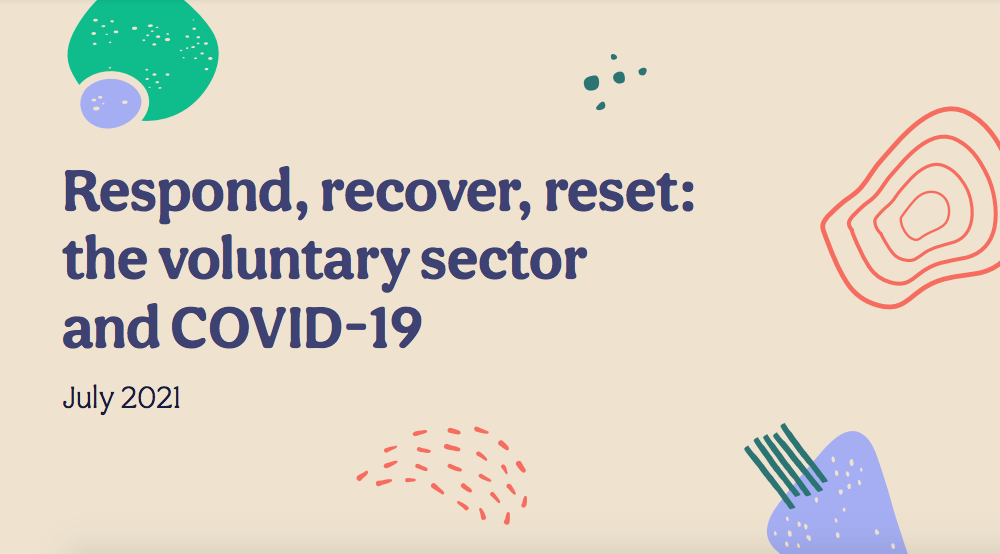Over two-thirds of BAME charity staff have experienced or know of racism in sector
Over two thirds of BAME charity staff questioned for an ACEVO and Voice4Change survey have experienced, seen or heard of racism in the sector.
Home Truths: Undoing racism and delivering real diversity in the charity sector was funded by the National Lottery Community Fund and involved an online survey with 493 responses from BAME people in the sector. It included 24 in-depth interviews with both white and BAME charity staff and leaders, as well as two roundtable discussions: one with racial justice activists and one with ‘systems-shapers’, such as funders and membership bodies, that have influence on the debates and priorities within the sector.
68% of respondents (335 out of 489 people) said that they had experienced, witnessed or heard stories about racism in their time in the charity sector.
In addition:
- 50% of respondents (246 people out of 490) felt that they needed to ‘tone down’ behaviour or to be on their ‘best behaviour’ in order to fit in in the charity sector 222 people had been subject to ignorant or insensitive questioning about their culture or religion
- 147 people had been treated as an intellectual inferior
- 114 respondents had been subject to excessive surveillance and scrutiny by colleagues, managers or supervisors
- 116 people stated that direct experiences of racism had had a negative or very negative impact on their health and emotional wellbeing
- 94 respondents who had experienced racism said it had had a negative or very negative impact on their ‘desired career path’
The report finds:
“The problem in the charity sector is not simply an absence of BAME people. Once inside the sector, significant numbers of BAME people experience discrimination and harm. Our research suggests that this situation is linked to the prevailing culture of the sector. By this we mean that long-standing habits, practices and norms will have to change in order to improve how the charity sector works with and serves BAME people.”
Advertisement
It also pointed to a lack of understanding about and engagement with the realities of racism by white charity leaders, and found little or no focus on institutional racism, or on how paternalism or colonial thinking can disadvantage BAME people in the charity sector, despite white charity leaders knowing that lack of ethnic diversity in the sector is a problem.
The report says that, to face fully the question of racism and achieve real progress on diversity, equity and inclusion there needs to be a change of culture and power dynamics, with charities making racial equity a focus of external work as well as setting meaningful internal targets, with charity leaders held accountable for making progress.
Kunle Olulode, CEO of Voice4Change England said:
“Racism remains with us in the 21st century. This is not just the result of ignorance but, as laid bare by Covid-19, is a product of a society designed to benefit some people over others.
“Home Truths shows us that the charity sector, despite good intentions, still reproduces racial inequality, blocking BAME people from positions of influence and power through policies and processes designed without them in mind. Ultimately this inequality holds back our sector from fulfilling its core purpose and stalls progress towards racial justice in society.
“This report provides an honest and constructive examination of the realities and impact of racism in the charity sector. It provides not just description of the problem, but serious thought about how we can fix things too. It is a call for transformation. I hope everyone that reads the report answers that call.”
Vicky Browning, CEO of ACEVO, added:
“For many BAME people working in the charity sector the findings in this will not be surprising. However, for many white leaders Home Truths will be a shock and may make them feel defensive. But this report is not about pointing fingers and assigning blame: it is about encouraging more leaders to accept responsibility for what needs to be done. By accepting responsibility and committing to action, we can stop asking for more evidence of the problem and move forward together to build real diversity.”





